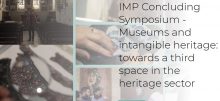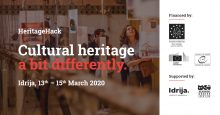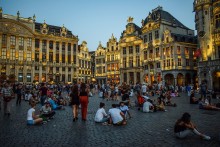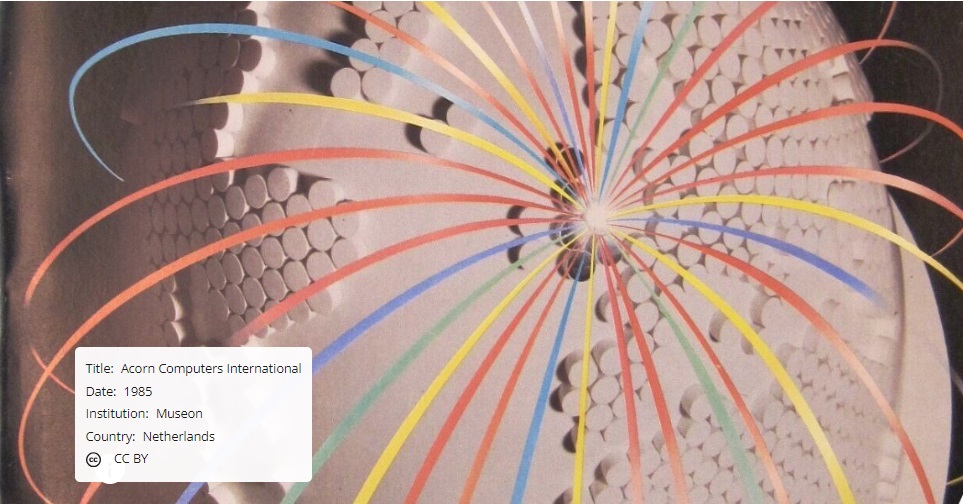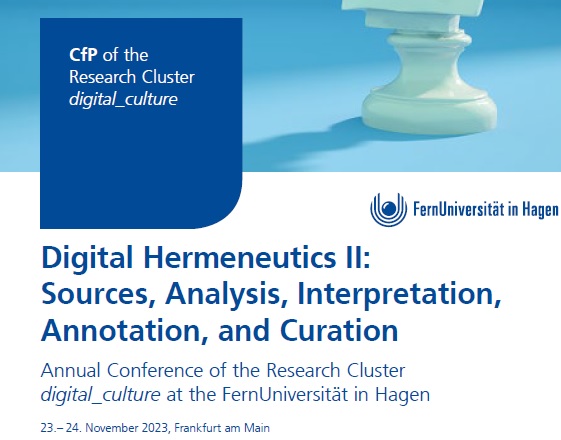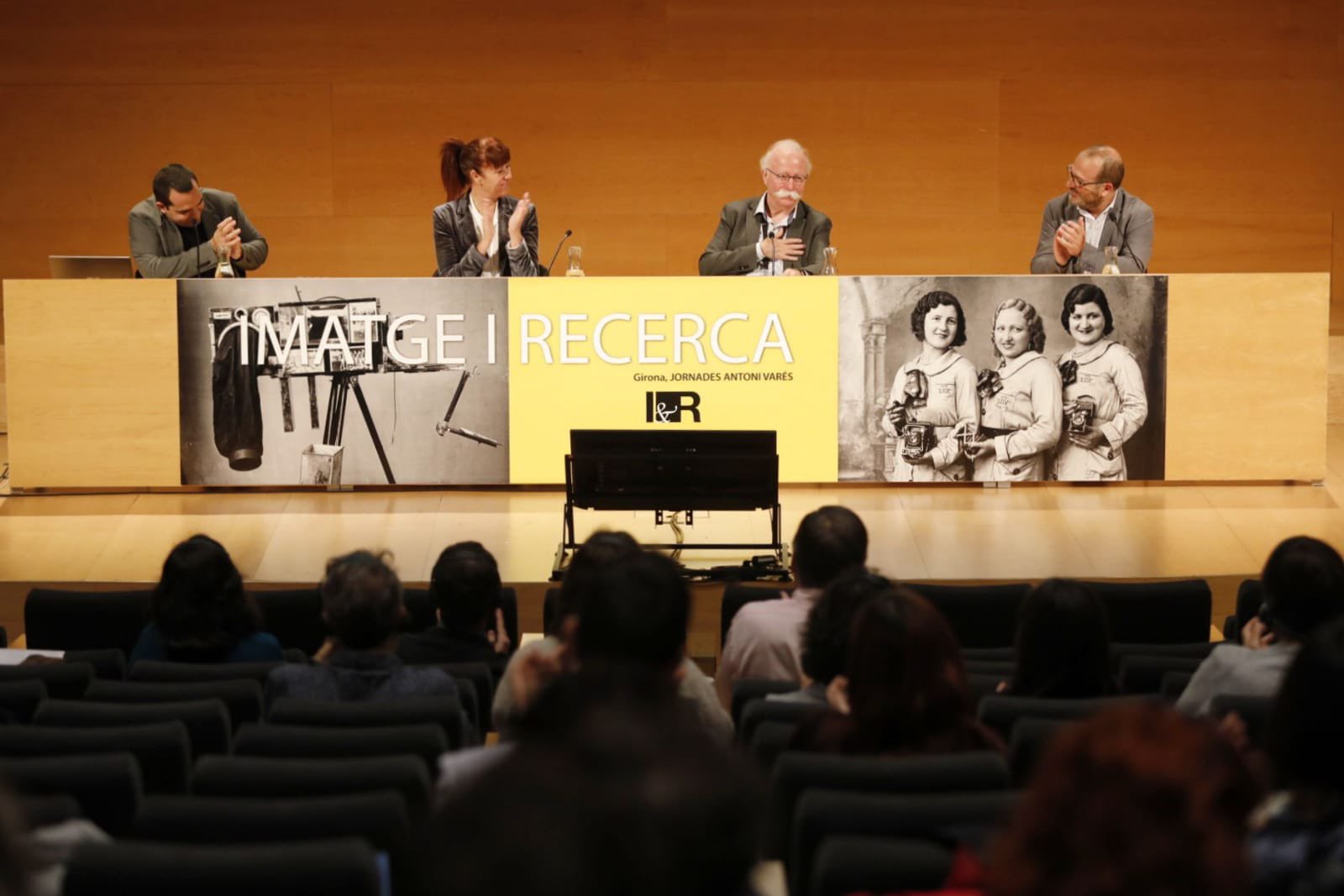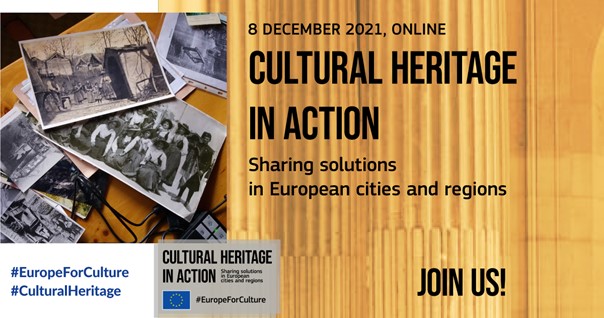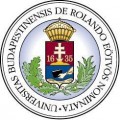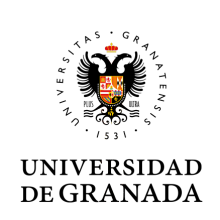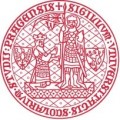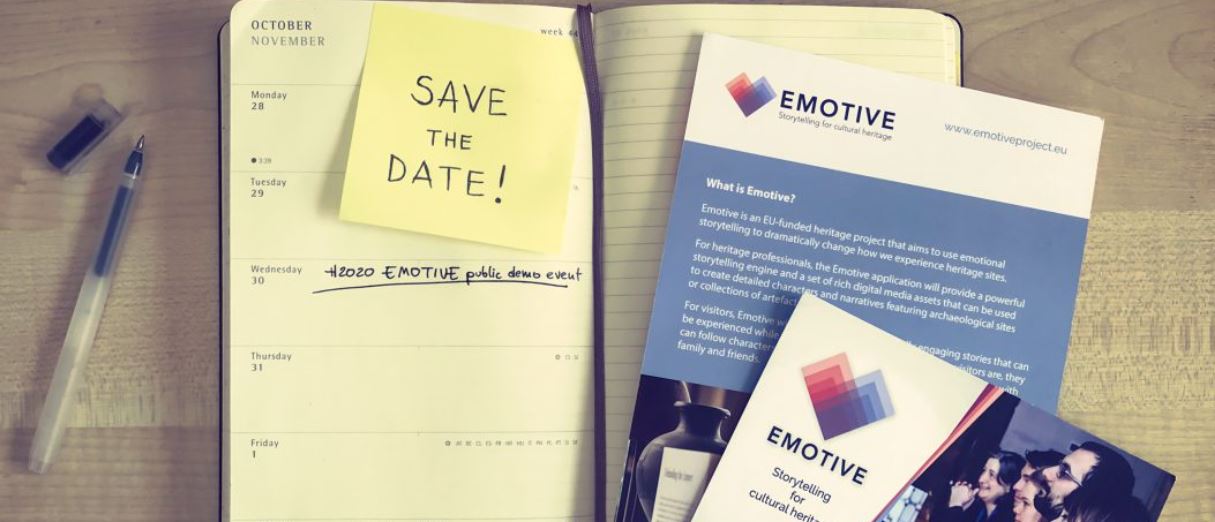
EMOTIVE storytelling for cultural heritage, is an EU funded Horizon 2020 project which seeks to develop emotionally-resonant digital experiences for visitors at cultural heritage sites; the basic premise of the project is that cultural sites are highly emotional places.
From 2016 up to now, EMOTIVE project has researched, developed and evaluated methods and tools that can support the cultural and creative industries in creating narratives which draw on this power of “emotive storytelling” to foster the emotional connection between the visitors with the sites.
The project explored digital storytelling, tangible objects, social interaction between visitors and more experiential approaches; both on-site and virtual experiences were being designed, created and tested iteratively in close collaboration between the partner sites and the technology providers and the outputs of this process have been prototype tools and applications to create engaging, memorable stories, and enable the public to enjoy and share these stories.
The experiences were focused in the UNESCO World Heritage sites of the Roman Frontier display on the Antonine Wall at the Hunterian Museum in Scotland and the Neolithic site of Çatalhöyük in Turkey.
On 30th October 2019, the final public demo event will take place at the Hunterian Museum, Glasgow. It is supported by the University of Glasgow’s newly created Digital Cultural Heritage Network (funded by the Arts Lab).
During this public event, EMOTIVE will show and give the opportunity to try out a range of the experiences and prototypes created for the two cultural sites.
A variety of different applications will be showcase, including:
– Verecunda: A window to the Scottish Roman Past
– Collaborative Çatalhöyük
– Ebutius’s Dilemma
– The Çatal Schoolkit
– Collaborative Çatalhöyük

– Ebutius’s Dilemma
– The Çatal Schoolkit
More information:




